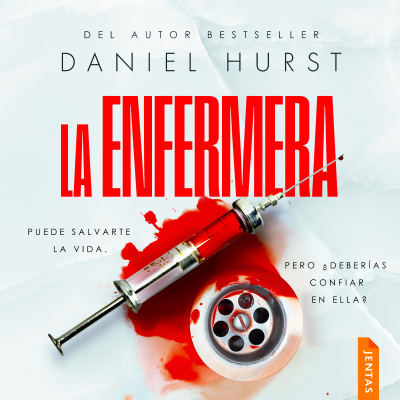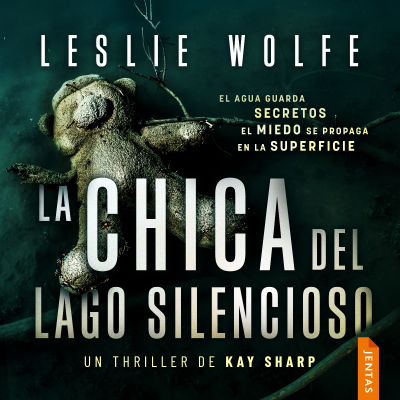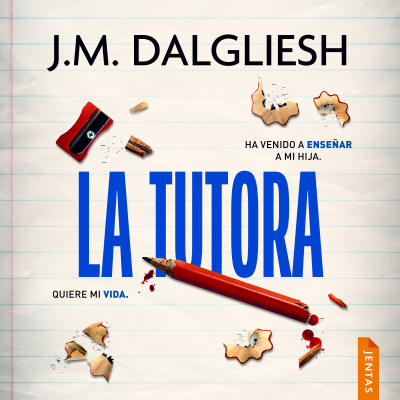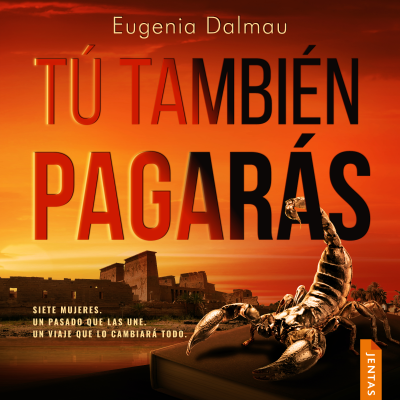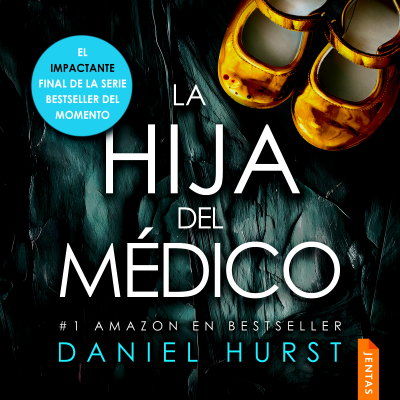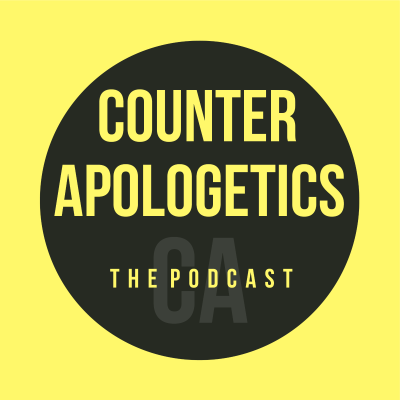
Counter Apologetics
inglés
Historia
Disfruta 30 días gratis
4,99 € / mes después de la prueba.Cancela cuando quieras.
- 20 horas de audiolibros / mes
- Podcasts solo en Podimo
- Podcast gratuitos
Acerca de Counter Apologetics
with Emerson Green
Todos los episodios
171 episodiosCA138 The Demand of Theism – Is it immoral to believe in God?
We shouldn’t be surprised by a world containing pointless suffering if it’s not set up with the welfare of conscious creatures in mind. But there’s a deeper problem with theism and its demands. Affirming theism requires moral judgments, as it entails endorsing the permissibility of suffering allowed by a benevolent God, which feels like a betrayal of those who suffer, such as animals or children, without apparent justification. I find theistic explanations of evil often shallow or morally insensitive, and I think that belief in God demands either ignoring or excusing suffering, potentially corrupting our moral faculties. Perhaps theism could be morally acceptable only if sufferers themselves understand and approve of their pain’s purpose, but this would require contentious theological commitments like universalism and an animal afterlife, which theists typically reject. Although our world is ambiguous enough to lead me to agnosticism, I have a much harder time ignoring, excusing, or otherwise downplaying the evidence against theism, since it feels like I’d be doing something morally wrong. In particular, I’d be doing something wrong to those who have paid a terrible price living in creation. Countless animals have suffered horribly in evolutionary history. To affirm God’s existence would be, implicitly, to say “God, who is morally perfect and all-powerful, permitted those things to happen. Ultimately it must be okay that all those animals suffered like that.” One the one hand, I could excuse horrendous evil as no big deal in light of some (implausible) theodicy, which seems wrong — it feels like a betrayal and abandonment of those who suffered. (Not to mention, becoming the kind of person who can excuse it as no big deal would be stultifying. That is, it would be bad for me to dull my moral faculties to that point.) Or I could close my eyes and pretend it’s not there. The answer is “Don’t think about it.” Just look at all the wonderful aspects of creation and sweep the rest under the rug. This route seems morally suspect for the same reasons as the first. Theism’s demand, it seems to me, is to either close your heart or close your eyes — you can either stop caring or stop looking. That’s the choice I’d have to make when it comes to the suffering on earth. How could I live with myself knowing that I’m doing one or both every moment I affirm the existence of God? Linktree [https://linktr.ee/emersongreen]
CA137 Why are autistics less religious? w/ Christianity on the Spectrum
I’m joined today by Jonathan Machnee, an autistic researcher who has conducted the largest English language ethnographic study of Christians and ex-Christian autistics (autism 1, or what was formerly known as Asperger’s Syndrome or high-functioning autism). His research has included data mining over 26,000 autistics and conducting over 500 interviews with autistic Christians and ex-Christians in order to understand the intersection between autism, Christianity, and nonbelief. Christianity On the Spectrum [https://open.spotify.com/show/608sg9pTIvvKQj23kmdxIB] Autism and Apologetics [https://youtu.be/wAkvWhKcTzM?si=SCyFmCUpZeI5wl1t] Jon on X [https://x.com/ChristianityOn] Email Jon at christianityonthespectrum at gmail dot com My Linktree [https://linktr.ee/emersongreen] / Timestamps / 00:00 Why are autistics less religious? 29:36 Do autistics practice religion differently? 37:56 Why does everyone think they’re autistic? 1:02:07 Imago Dei 1:18:03 What surprised you in your research?
CA136 Nobody Dies For A Lie
I critique Mel Gibson’s claim on the Joe Rogan Experience that “nobody dies for a lie,” which many apologists have used in the past to argue that the martyrdom of Jesus’ disciples supports the truth of the resurrection, as they wouldn’t die for something they knew to be false. First, I challenge this by questioning the historical evidence for the apostles’ martyrdom, noting that accounts are late, based on oral traditions, and often embellished with legendary elements, such as milk flowing from Paul’s severed neck. Even if the apostles were martyred, the reasons for their martyrdom are uncertain due to the difficulty of establishing motivations and crucial details surrounding the apostles’ deaths, like whether it would have mattered if they’d recanted. I further undermine the apologist’s slogan by proposing scenarios where someone could die for a known lie, such as being falsely accused and coerced into confession under torture; and by highlighting human irrationality, like people confessing to capital crimes they didn’t commit. Finally, Matthew Hartke recounts the story of the Millerites, alerts us to the shortcomings of folk psychology, and explains how cognitive dissonance could explain Christian origins. Ultimately, “nobody dies for a lie” fails under scrutiny, as history and human behavior are far more complex than the claim allows. Linktree [https://linktr.ee/emersongreen] Matthew Hartke – How Cognitive Dissonance Explains Christianity [https://www.youtube.com/watch?v=_x8SB_gy8jg] Shameless Popery – The Hidden Danger of Mel Gibson [https://youtu.be/NDDrIn9ul2k?si=6ctEAhJf5JQNFFhP] Bart Ehrman – Were the disciples martyred for their belief in the resurrection? [https://ehrmanblog.org/were-the-disciples-martyred-for-believing-in-the-resurrection/] Joshua Schachterle – How did the apostles die? [https://www.bartehrman.com/how-did-the-apostles-die/]
CA135 Why are theodicies so unconvincing?
Do apologists actually believe what they’re saying? I’m joined by Counter Apologist to discuss his “Paradise Hell” thought experiment and to try to explain why theistic attempts to account for evil are so unpersuasive. What decision would you make if eternity were on the line? Linktree [https://linktr.ee/emersongreen]
CA134 Philip Goff’s Conversion to Christianity
We discuss Philip Goff’s conversion, the online reaction to it, and what his “heretical Christianity” involves. Is he a real Christian? What does he think about the resurrection, the ascension, the miracles of Christ, the virgin birth, the trinity, inerrantism, the atonement, and God’s nature? Amos Wollen – Conversion Review: Christianity gains a new smart person [https://wollenblog.substack.com/p/conversion-review-philip-goff] Randal Rauser on Goff’s Conversion [https://www.youtube.com/watch?v=DzVRUppDKjw] Nathan Ormond (DigitalGnosis)- Philosopher CONVERTS to Christianity [https://www.youtube.com/live/k1NR3IDpdC8?si=73YidnD75EXq7i-h] Linktree [https://linktr.ee/emersongreen]
Elige tu suscripción
Premium
20 horas de audiolibros
Podcasts solo en Podimo
Podcast gratuitos
Cancela cuando quieras
Disfruta 30 días gratis
Después 4,99 € / month
Premium Plus
100 horas de audiolibros
Podcasts solo en Podimo
Podcast gratuitos
Cancela cuando quieras
Disfruta 30 días gratis
Después 9,99 € / month
Disfruta 30 días gratis. 4,99 € / mes después de la prueba. Cancela cuando quieras.













